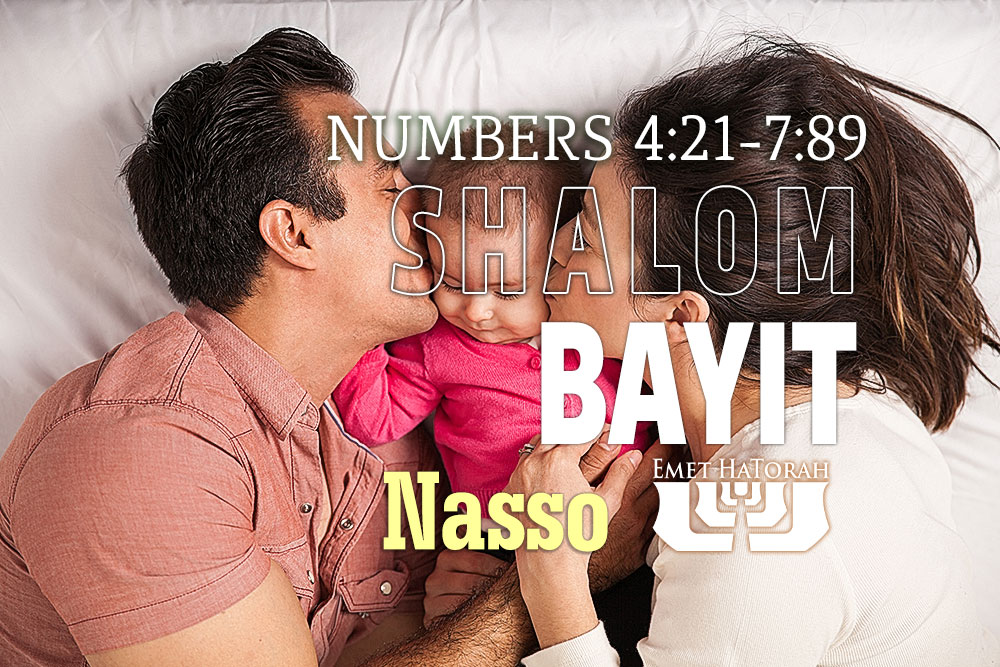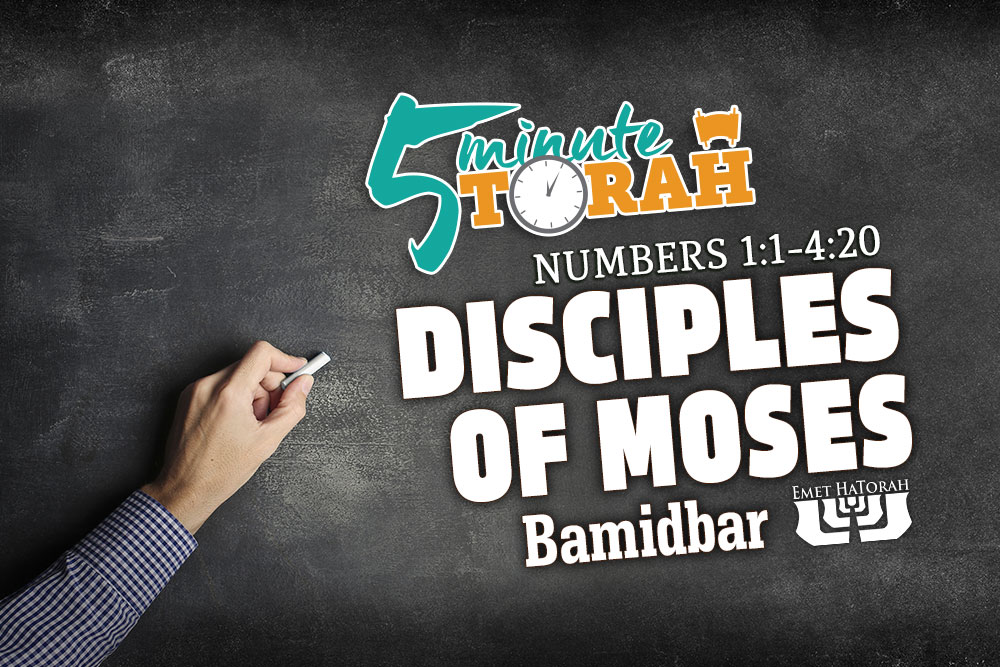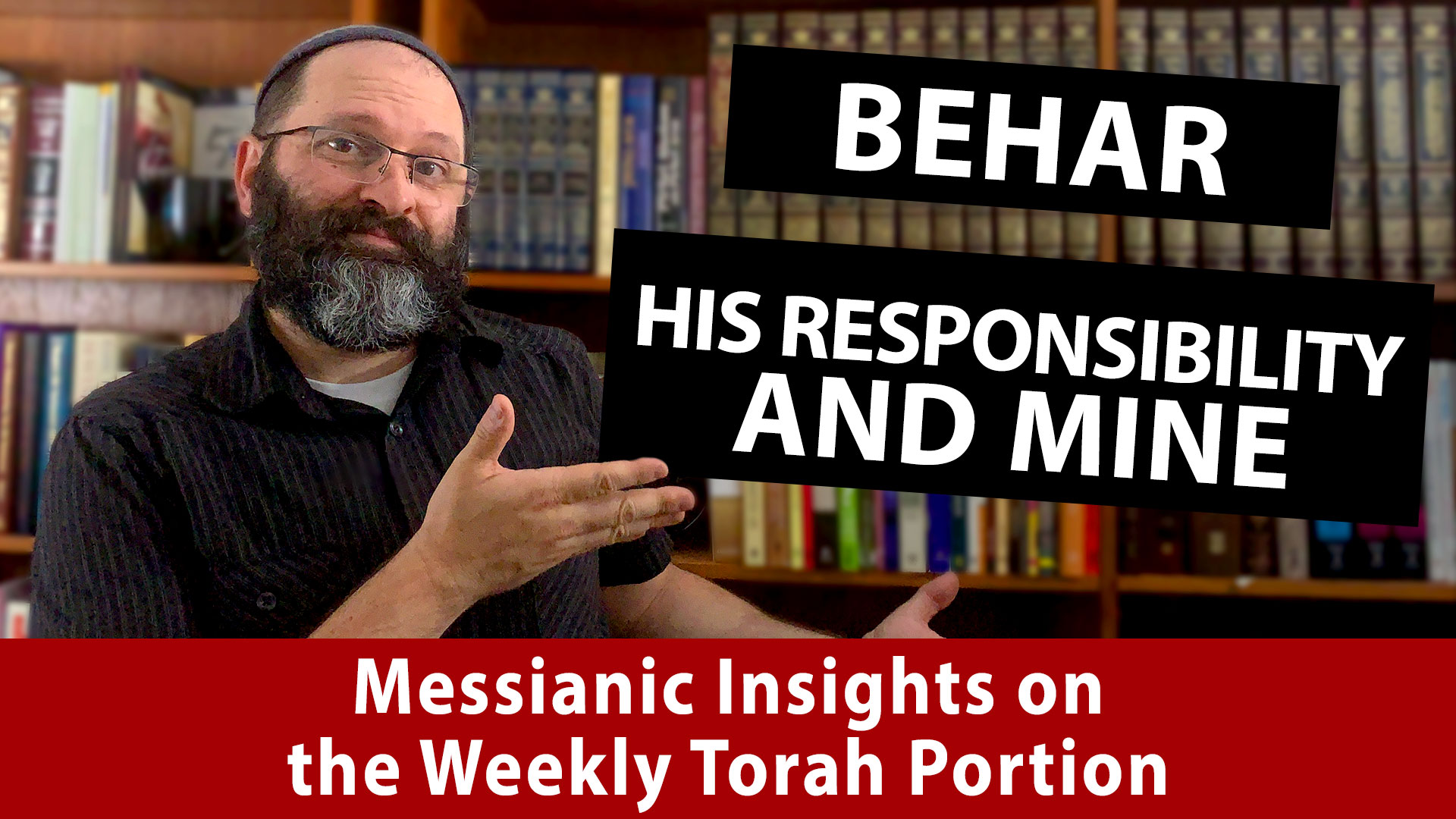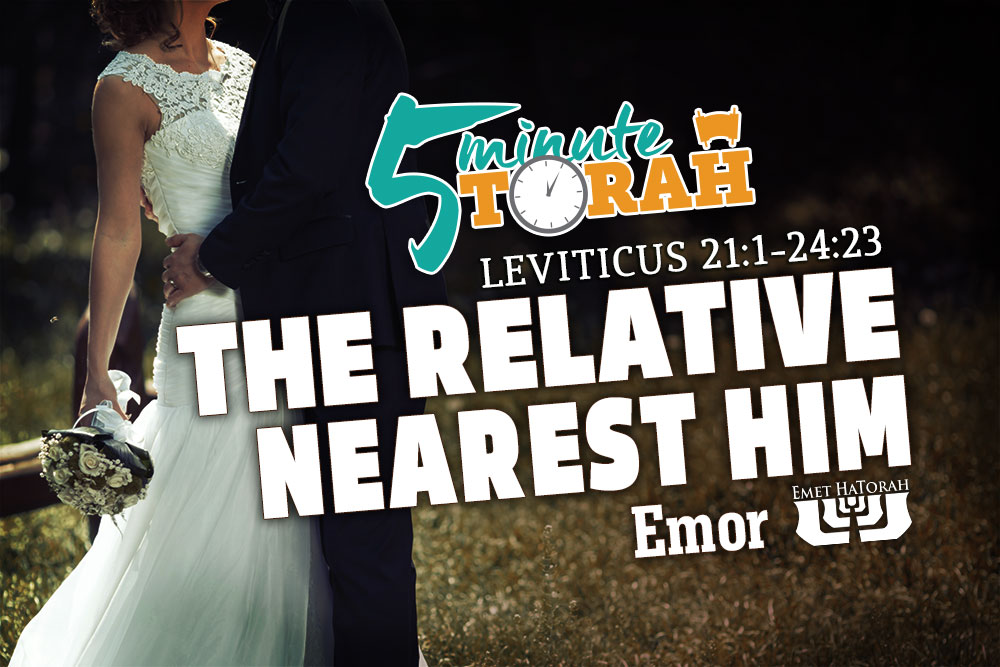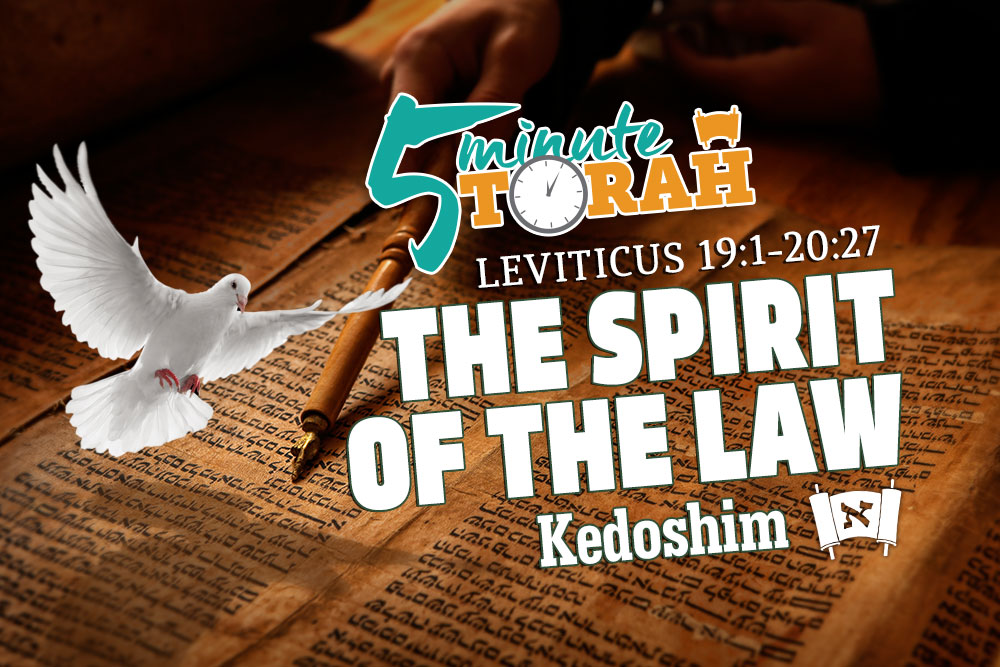The Relative Nearest Him
Parashat Emor begins with a problematic passage. Through Moses, God gives instructions to the priesthood prohibiting them from becoming ritually impure through corpse contamination. There are exceptions to this rule, however, and the Torah gives a list of close relatives by which a priest may allow himself to become ritually impure. This could be through either attending to the body of the deceased or merely attending their funeral, either of which would bring with it ritual contamination:
And the LORD said to Moses, “Speak to the priests, the sons of Aaron, and say to them, No one shall make himself unclean for the dead among his people, except for his closest relatives, his mother, his father, his son, his daughter, his brother, or his virgin sister (who is near to him because she has had no husband; for her he may make himself unclean).” (Leviticus 21:1–3)

